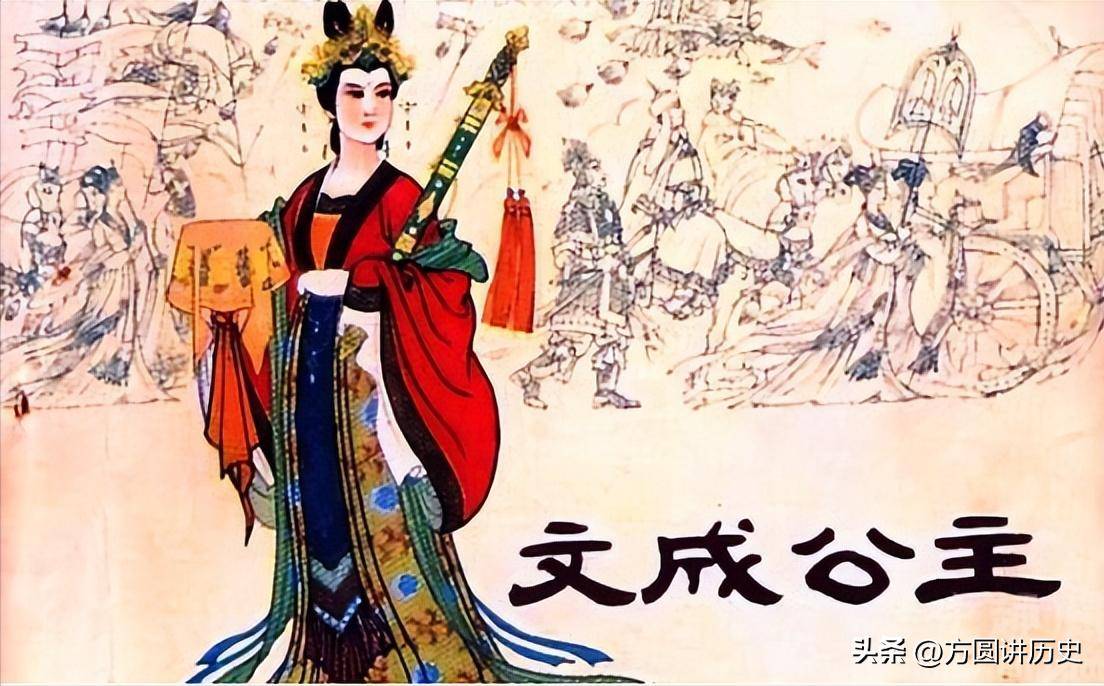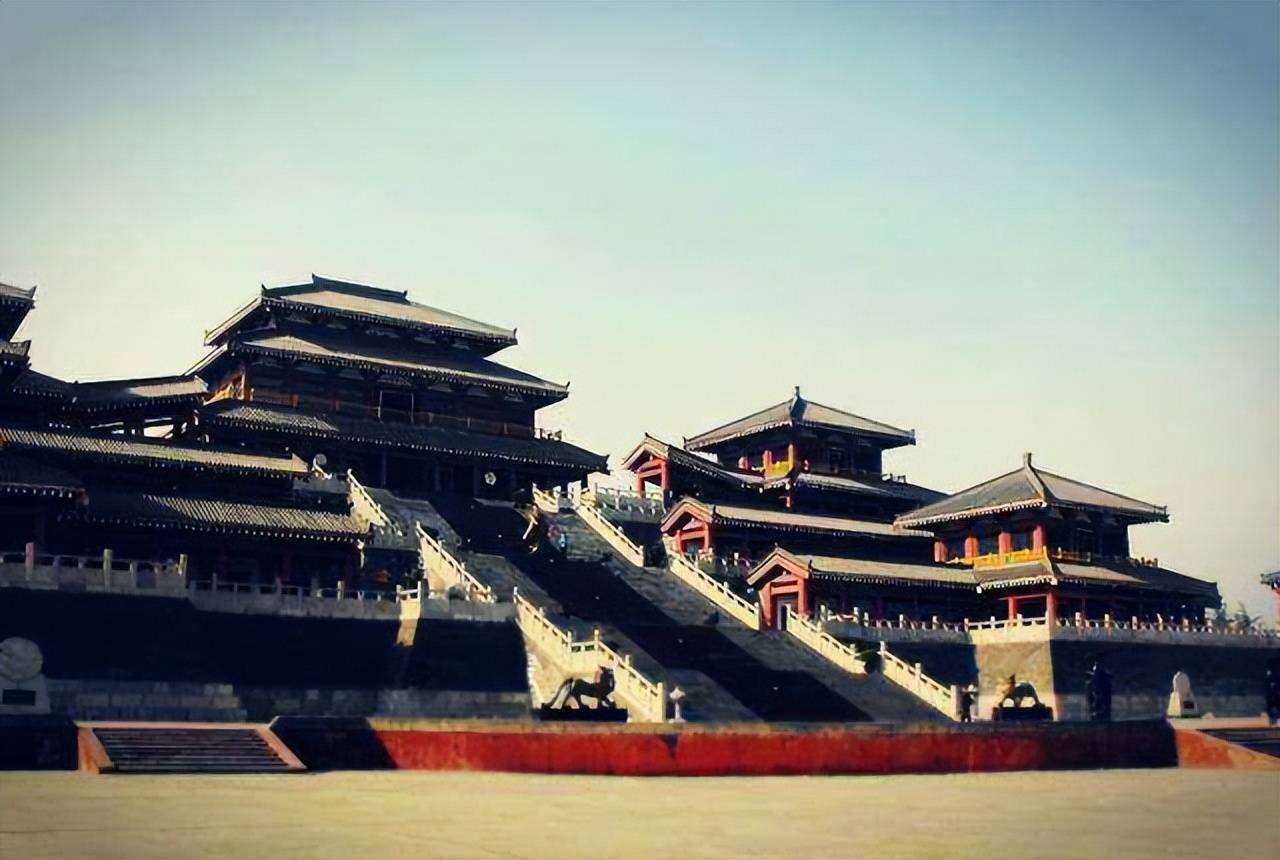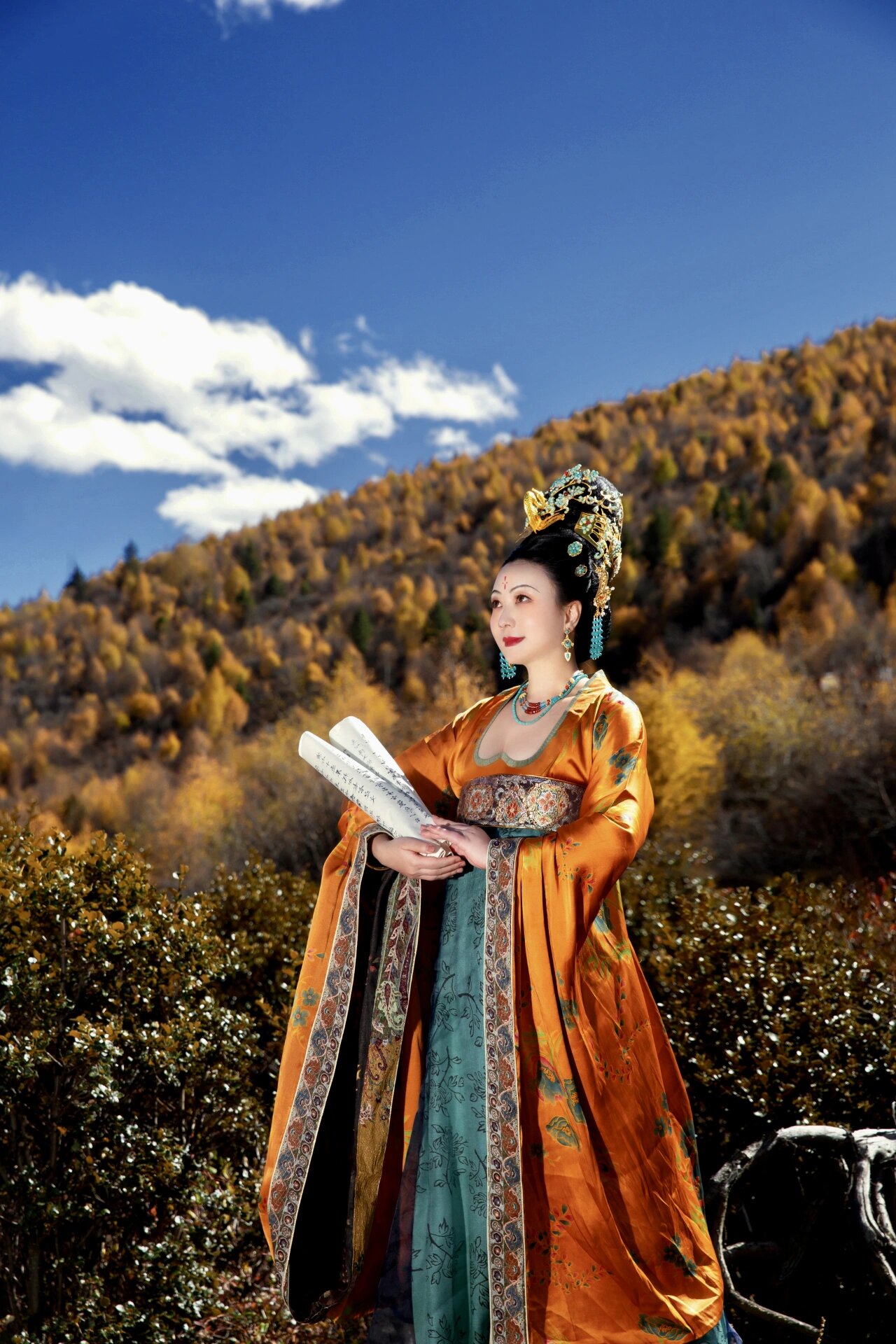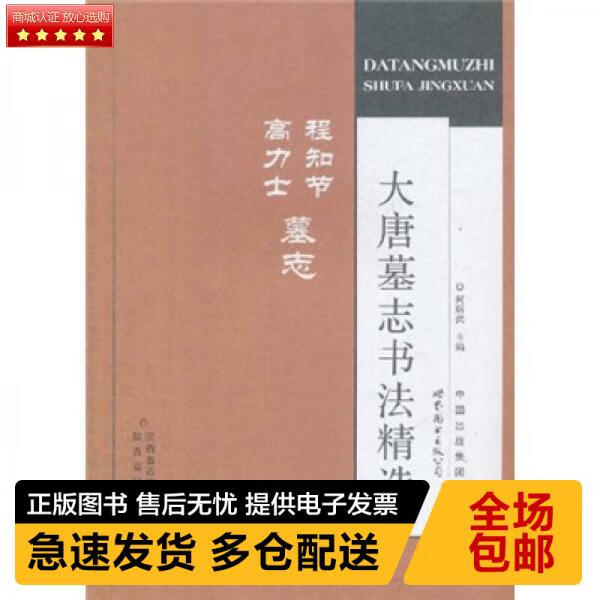Whenever Yan Shu is mentioned, he always thinks of the one on TV, so I have to give you a detailed explanation
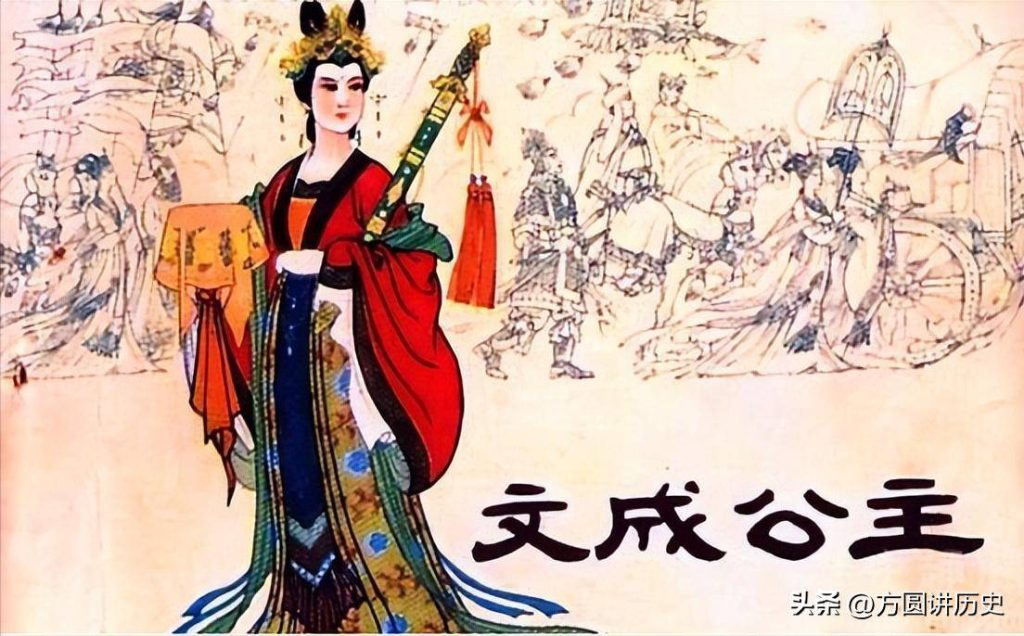
Looking at the mountains and rivers in the distance, the falling flowers and wind and rain hurt the spring even more. It’s better to pity the person in front of you. ”Such words and phrases may not make us feel sad about the poet’s life, but at least they make us feel that the lyricist is someone who is trapped in confusion and sorrow. However, this passionate person who hurts spring is actually the lucky one envied by the people of the Song Dynasty – Yan Shu.
1、 Young genius sitting high
Most of us only know Yan Shu as a literary figure, who wrote famous lines such as’ Last night, the west wind withered the green trees. Standing alone on a tall building, we looked out to the end of the world ‘. However, in that era of “academic excellence leads to officialdom”, “literary fame spreads far and wide” was actually synonymous with Yan Shu’s “extremely powerful minister”.
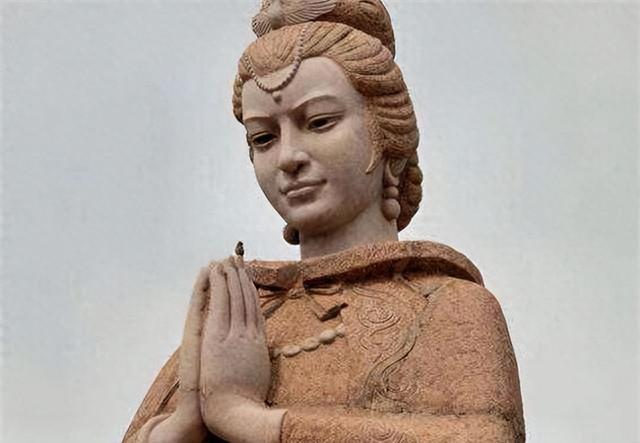
Yan Shu, born in Linchuan, Fuzhou (now Fuzhou City, Jiangxi Province), is said to have been able to independently write articles at the age of five, thus becoming a well-known “child prodigy” in Jiangxi. In the first year of Jingde (1004), the famous minister Zhang Zhibai was ordered to govern Jiangnan. Upon learning of Yan Shu’s outstanding performance, he recommended him to the court at the age of only thirteen. Wearing the title of ‘prodigy’
With the recommendation of officials, Yan Shu could have directly entered the court as an official. But as a newborn calf, he is not afraid of tigers and still plans to participate in scientific examinations based on his strength.
In the second year, fourteen year old Yan Shu left home and came to Bianjing. Despite his young age and height, Yan Shu still gained the favor of Emperor Zhenzong of Song through his talent, education, and honesty. Kou Zhun, who was then the prime minister, once made things difficult for Yan Shu because he came from Jiangdong (which was once the territory of Southern Tang and an enemy of Northern Song), but Emperor Zhenzong of Song even brought up the famous Tang Dynasty minister Zhang Jiuling to rename Yan Shu.
Due to the favor of Emperor Zhenzong of Song, Yan Shu became the magistrate of Guanglu Temple at the age of only eighteen. Later, he wanted to return to his hometown to observe filial piety due to the successive deaths of his parents, but he was unable to observe filial piety for three years due to the important position of Emperor Zhenzong of Song. Before the death of Emperor Zhenzong of Song, Yan Shu rose through the ranks and became a Hanlin scholar at a young age, eventually being promoted to the position of Left Assistant.
In the first year of Qianxing (1022), the young Emperor Renzong of Song succeeded to the throne, and Empress Dowager Liu presided over the court. In consideration of the late emperor’s favor towards Yan Shu and Yan Shu’s risk of preventing ministers from abusing their power, Empress Dowager Liu promoted Yan Shu from the position of Right Censor and Attendant Scholar to the position of Assistant Minister of Rites, and later appointed him as Deputy Envoy of the Privy Council.
Although Yan Shu had conflicts with Empress Dowager Liu over some matters and was demoted by her anger. But because it was always Yan Shu who held the upper hand, he also worked diligently when he was demoted. Yan Shu was often recalled shortly after being demoted and granted a higher official position than before. Until his retirement due to illness, Yan Shu successively served as the Imperial Censor in Chief, the Academician of the Zizheng Hall, the Deputy Minister of War, the Three Departments Envoy, the Censor in Chief, the Minister of Justice, the Privy Councilor, the Tongping Zhangshi, and the Minister of War… From the age of fourteen when he entered the court to the age of sixty-three when he retired, Yan Shu could be said to have fulfilled his duties throughout his life and ultimately became an extremely talented minister.
2、 Many literary masters and students
The Northern Song Dynasty was a glorious cultural era in feudal history. The literary masters we are familiar with, such as Su Shi, Ouyang Xiu, Fan Zhongyan, and Wang Anshi, were all former court officials. Yan Shu is no exception. Compared to figures such as Ouyang and Fan Zhongyan, Yan Shu was an earlier figure. Before Ouyang Xiu became a literary leader and favored Su Shi, Yan Shu was regarded as the “Dragon Gate” of the Northern Song literary world.
During his tenure as the head of the Ministry of Rites, Yan Shu vigorously advocated the Confucian style through scientific research, promoting the “style of ancient literature” of Liu Zongyuan and Han Yu, providing important support for the well-known “ancient literature movement”. During his reign as a high-ranking official, he utilized his power of personnel allocation to promote a large number of well-known Northern Song officials such as Fan Zhongyan and Ouyang Xiu. During his left relocation to Nanjing, Yan Shu established a “Daxing School” to teach students. Fan Zhongyan, who is regarded as the beginning of the Northern Song Dynasty’s education, also became a teacher in Nanjing under the guidance of Yan Shu at this time.
Zeng Gong, one of the Eight Great Masters of the Tang and Song dynasties, once commented that Yan Shu was “skilled in Confucianism through language”, “responsible for literary, Confucian, and moral education”, “responsible for literary analysis”, and “revered as a scholar by the world”. As Yan Shu’s disciple, Zeng Gong was able to give such high praise, which also confirmed Yan Shu’s important position in the literary world of the Northern Song Dynasty.
3、 Be wise and protect oneself without making mistakes
As Yan Shu’s disciple and heir to the position of literary leader, Ouyang Xiu once had a classic evaluation of Yan Shu: ‘Having enjoyed wealth and prosperity for fifty years, I have always been wise and protected myself.’. Some people believe that the term ‘Mingzhe Baoshen’ here is pejorative, meaning that Yan Shu did not have a significant positive impact on the New Policies and Reforms of the Northern Song Dynasty. However, at that time, “being wise and protecting oneself” was a literary cultivation that even Zhu Xi praised. Su Shi once said that Ouyang Xiu was also “secretly pleased with the integrity of the wise and virtuous.
And Ouyang Xiu’s evaluation of Yan Shu is also very enviable in the first half of the sentence. From receiving the green eyes of Emperor Zhenzong of Song to finally retiring, Yan Shu enjoyed a fifty year journey of prosperity and luxury. Even though Yan Shu had been to places during this period, he still went to bustling places like Nanjing and worked as a local official. Such a smooth career path is enough to make the scholars who studied hard for decades to become candidates for the imperial examination “sour” to the point of losing their teeth.
So, every experience of Yan Shu, such as being a high-ranking official, having a smooth career, and leading the literary world, can make scholars envy him to the point of being able to only praise him. In January of the second year of Zhihe (1055), Yan Shu passed away in Bianjing due to illness and was posthumously honored with the title “Yuanxian”. His story came to an end, but it also made people envious from then on.
